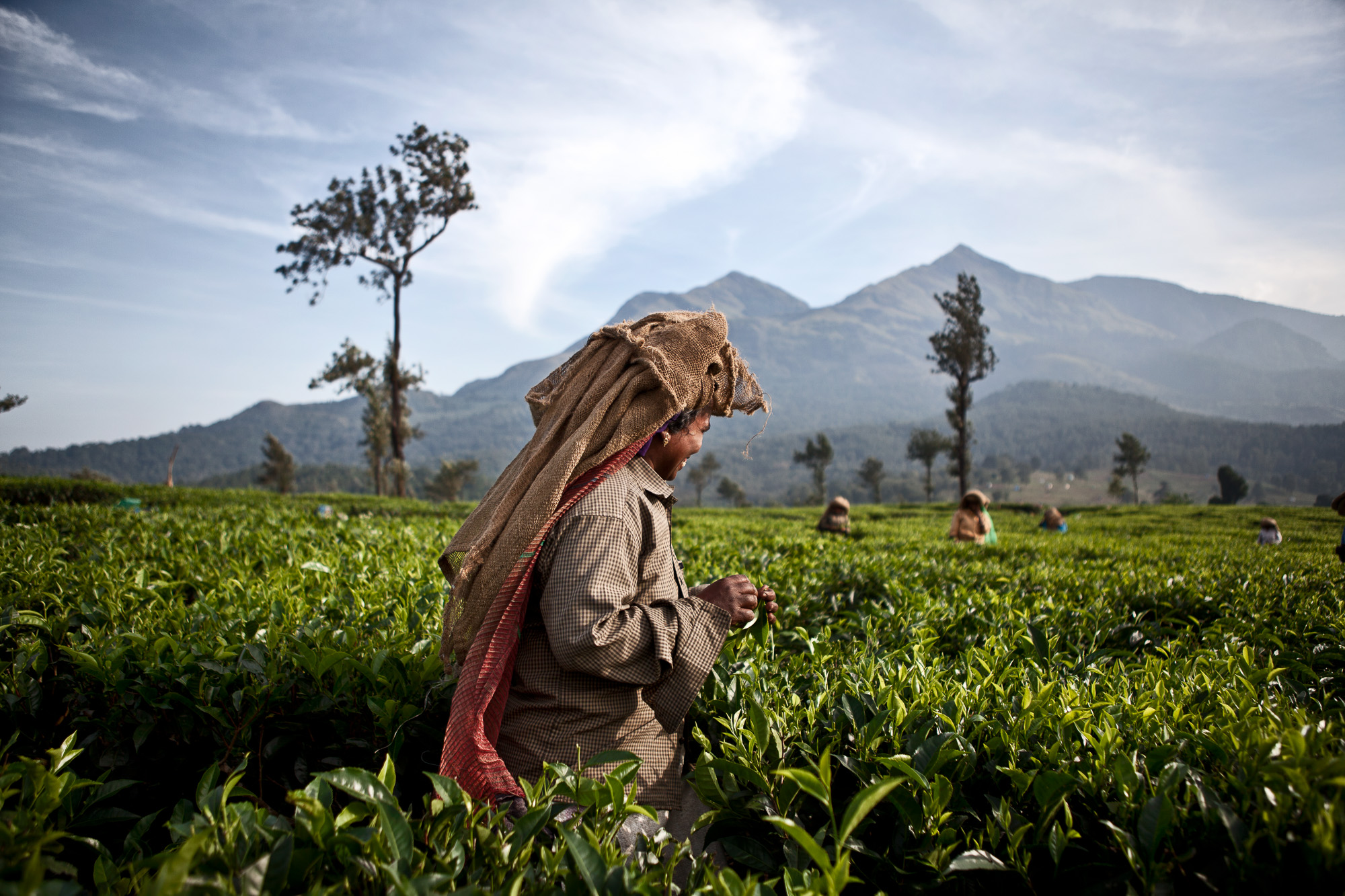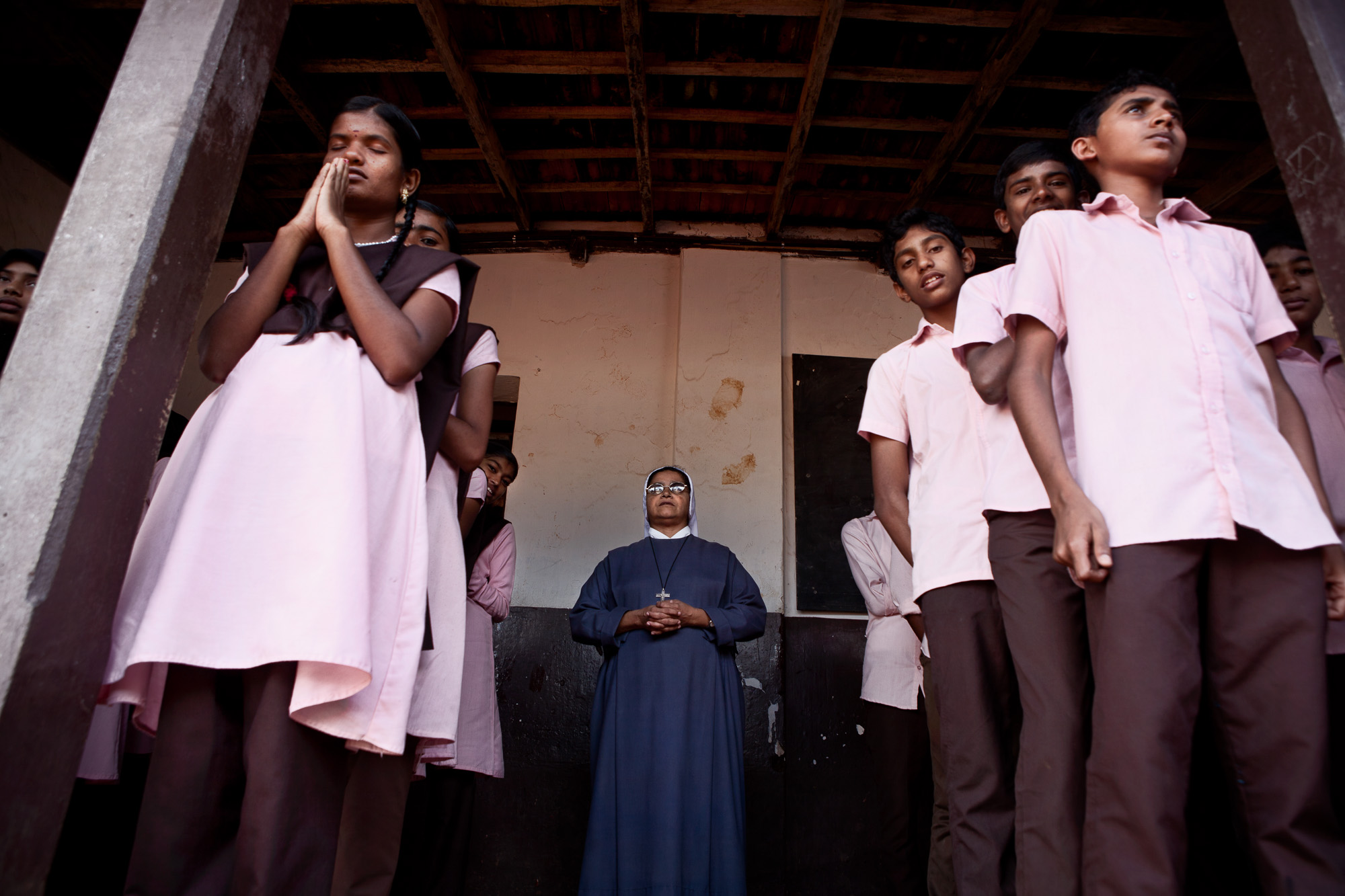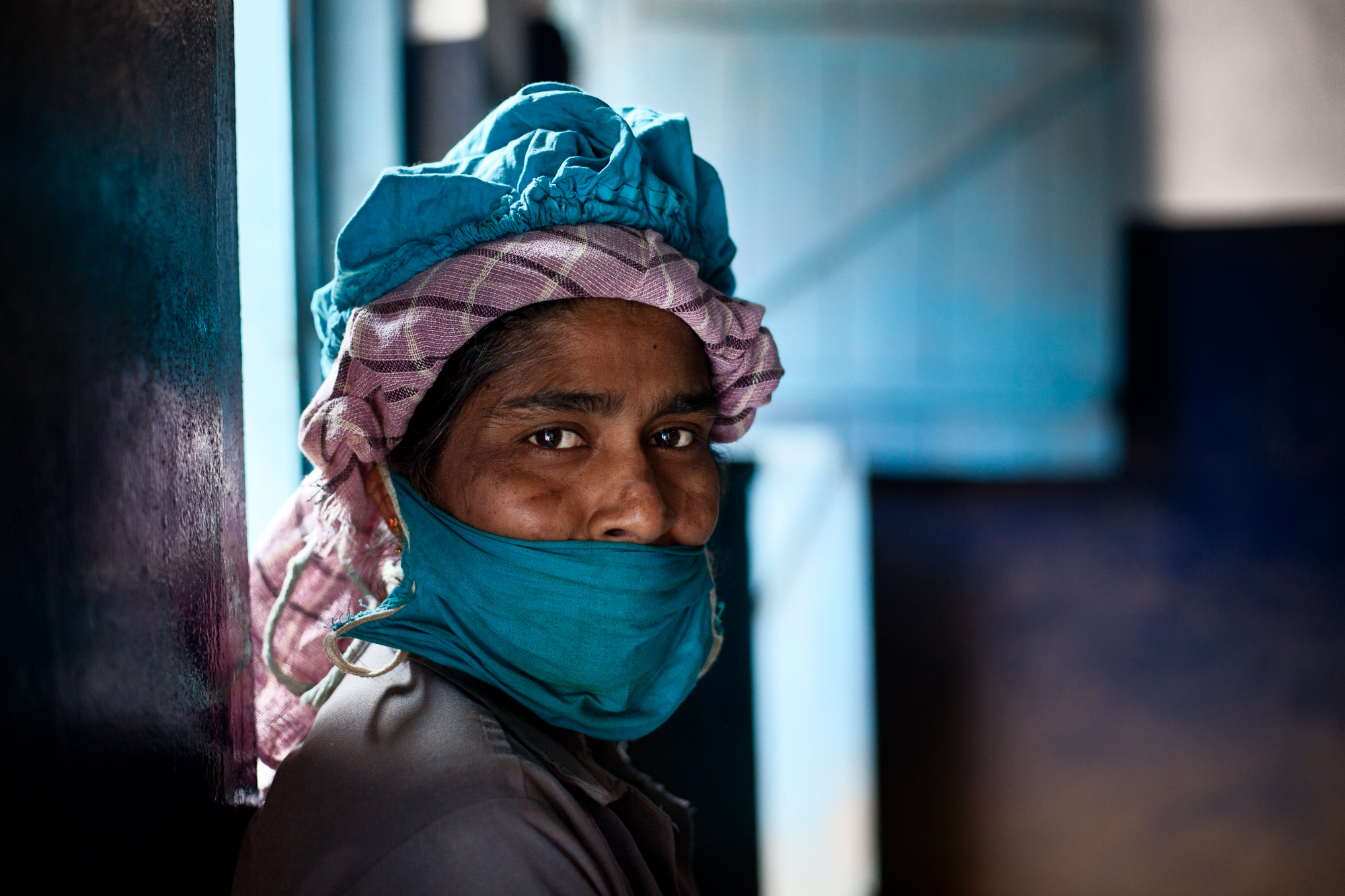On The line
Women’s rights are a contentious issue around the world and in India where it has recently come to the fore again in the killing of a tea plantation owner and his wife in the Assam region in the north. The tea industry, in India, is heavily dominated by a female workforce but in the state of Kerala, which has been vigorously promoting the rights of women for many years, it has led to unexpected problems for the industry.
The state, in south-west India, has for decades had its politics rooted in socialism, having in 1957 become the first state in the world to democratically elect a communist government. In relation to its population, this has meant they have reaped huge benefits in terms of welfare, education levels and high quality of life. For women, this has meant the realisation of parity in education and wages. The state took a step further in 2009 by instigating a “Gender Board” which not only addresses employment opportunities for women but also their status in Kerala society. There are however may paradoxes that exist in Kerala. With literacy of 93%, life expectancy of 74 years, a Human Development Index higher than most developed countries it stands out as a model state. However this is not an industrial based economy as over half of Kerala’s population dependent on agriculture for their income. Herein lies the contradiction.
Today’s high levels of education, in both men and women, means a mismatch between labour supply and demand. A top heavy society has been created. Young, educated women no longer wish to be employed in the physically demanding jobs of tea industry. Although certain estates offers a high level of care for their employees in terms of crèches, schooling, medical care, and housing, which they might otherwise not receive, this younger generation of women have aspirations far above working long hours in the tea fields in blistering heat or driving rain carrying 30 kg loads for low wages.
The group of women workers currently employed may be the last of their generation from Chundale village to do this work as if these positions cannot be filled from inside the community, the company will be forced to use migrant workers from other states or turn to mechanisation.
Click image for captions




















